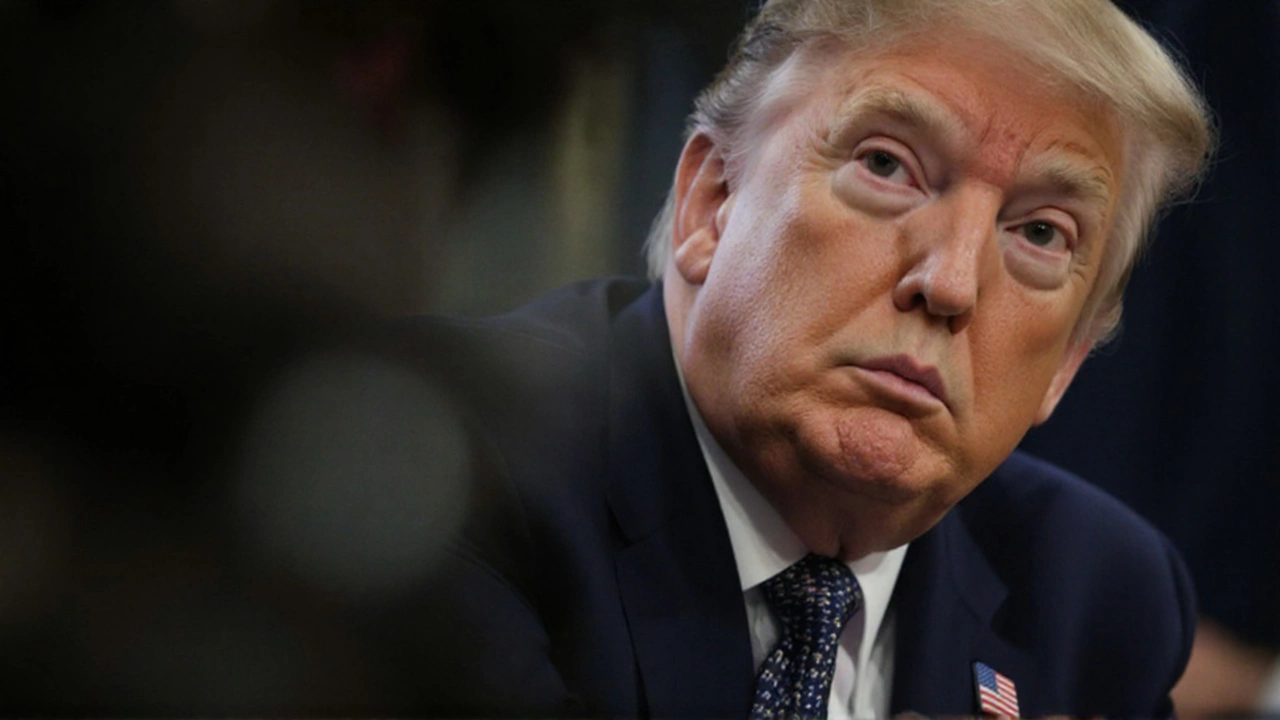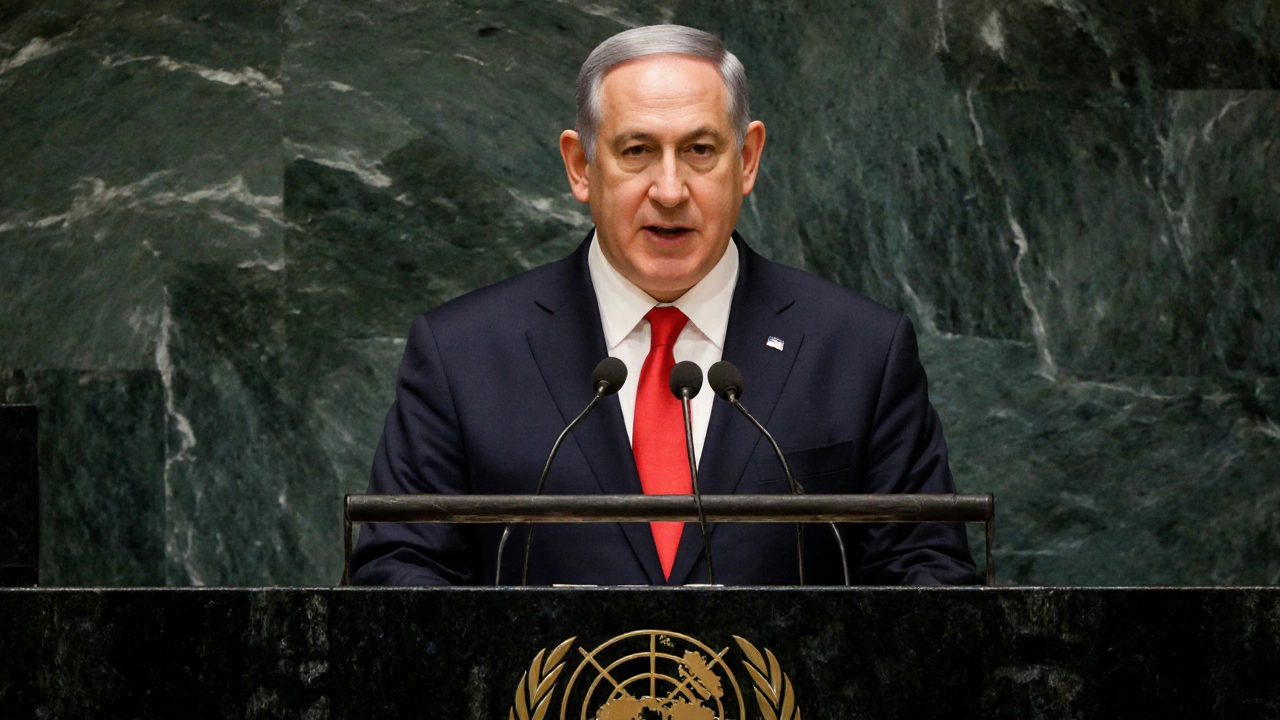Netanyahu’s emotional address to the UN
When Benjamin Netanyahu stepped up to the podium in New York, the world expected the usual diplomatic rhetoric. Instead, he turned the microphone toward Gaza, broadcasting a message that he said would reach the 48 Israelis still held by Hamas. By placing massive loudspeakers around the Strip, he tried to make sure the captives heard his promise: Israel would not stop until every hostage was home.
He began in Hebrew, calling the missing citizens “our brave heroes,” then switched to English for the broader audience. The tone was personal; Netanyahu told the hostages they weren’t forgotten for a single second and that the whole nation stood with them. He claimed Israeli intelligence had managed to stream his words straight to Gazans’ phones, a technical feat he presented as proof of Israel’s reach.

What Netanyahu offered – and threatened
The Prime Minister laid out a stark set of conditions that, in his view, could end the conflict instantly. He said if Hamas laid down arms and freed the hostages, the war would stop. His proposal included:
- Complete demilitarization of Gaza.
- Israeli overriding security control over the territory.
- The establishment of a civilian authority made up of Gazans and others committed to peace with Israel.
He warned that refusal would mean Israel would hunt down the Hamas leaders responsible. "If you comply, you will live," Netanyahu said, "if you refuse, you will die." This direct ultimatum marked a shift from previous, more measured statements.
Beyond the battlefield, Netanyahu tried to paint a picture of quiet international backing. He suggested many world leaders publicly condemn Israel out of political pressure, yet privately thank the country for its decisive actions. He referenced the October 7 attack, accusing Hamas supporters of celebrating the violence by dancing on rooftops and tossing candy.
The speech sparked a flurry of reactions. Some diplomats called the loudspeaker tactic a propaganda stunt, while others argued it underscored Israel’s desperation to end the hostage crisis. Human‑rights groups warned that broadcasting directly into a war zone could endanger civilians already living under siege.
Regardless of the debates, the Netanyahu UN speech has added a new layer to the diplomatic chess game surrounding the Israel‑Hamas war. It puts pressure on Hamas, tests the patience of global leaders, and forces the international community to confront the gap between public statements and private conversations about the conflict.
